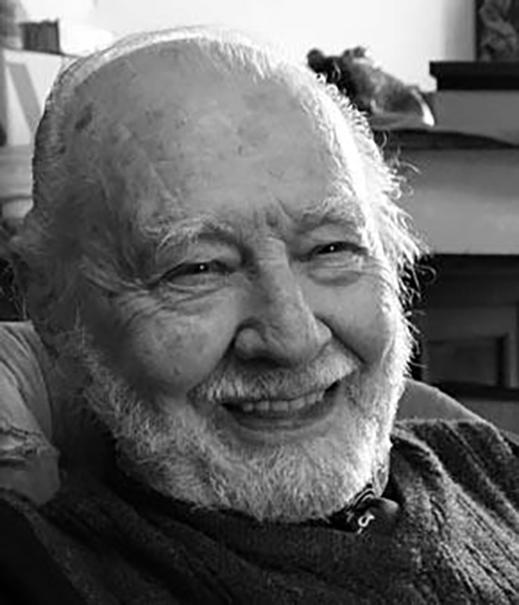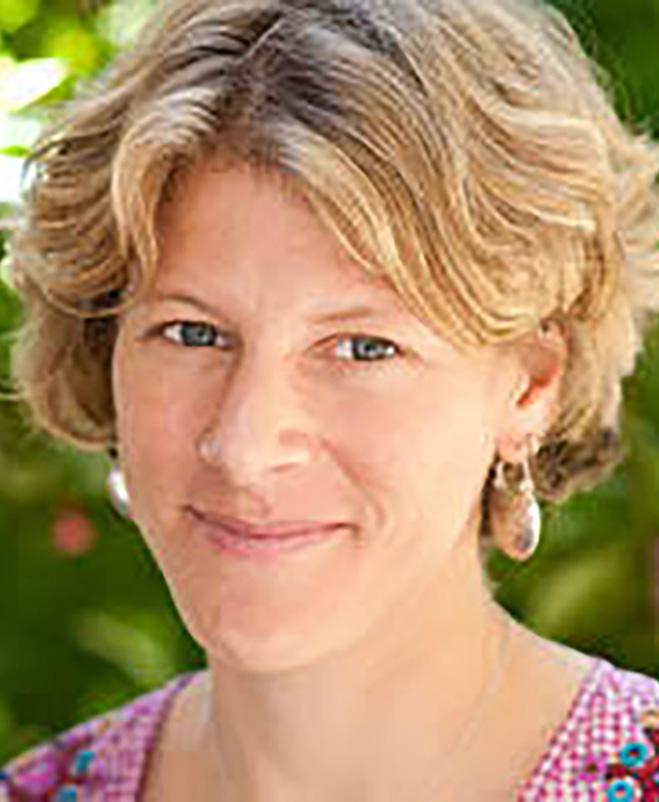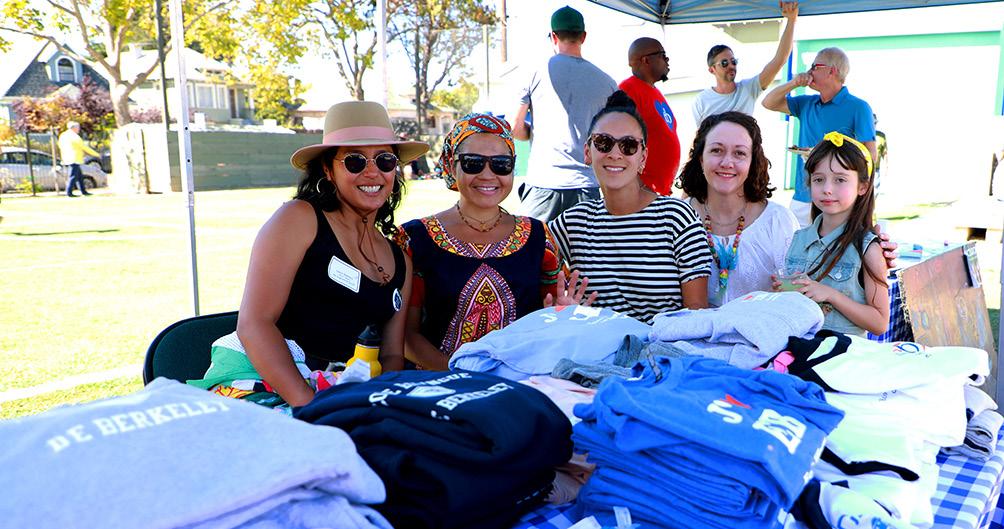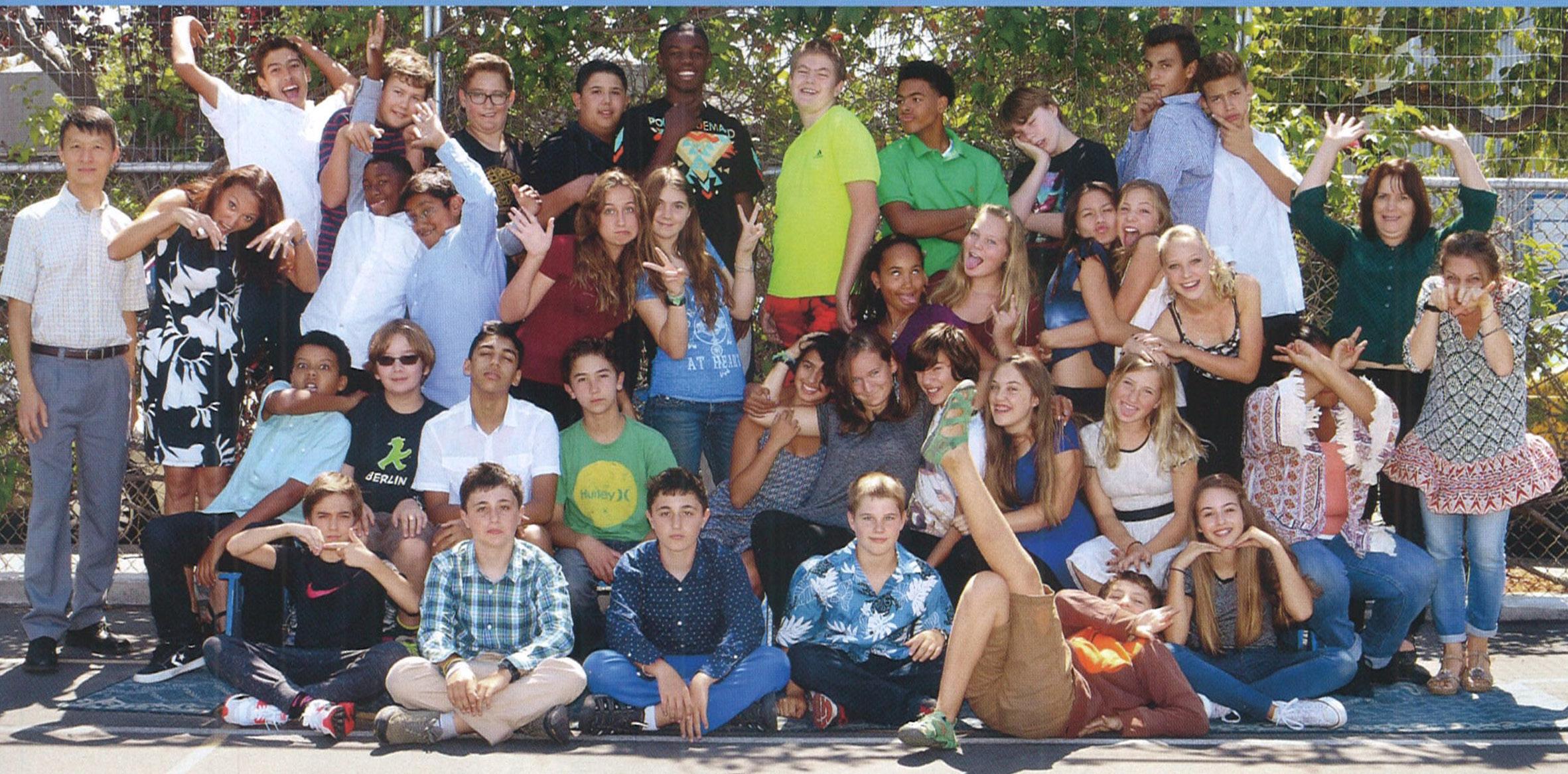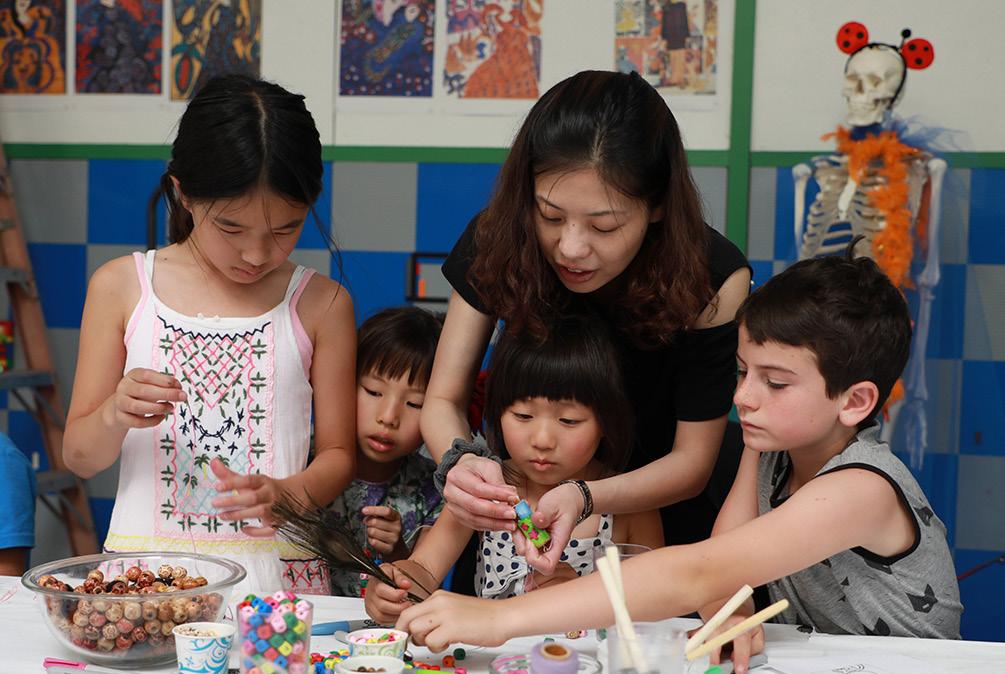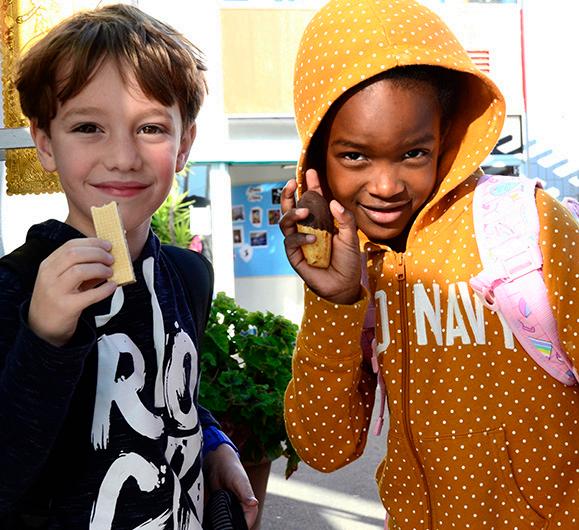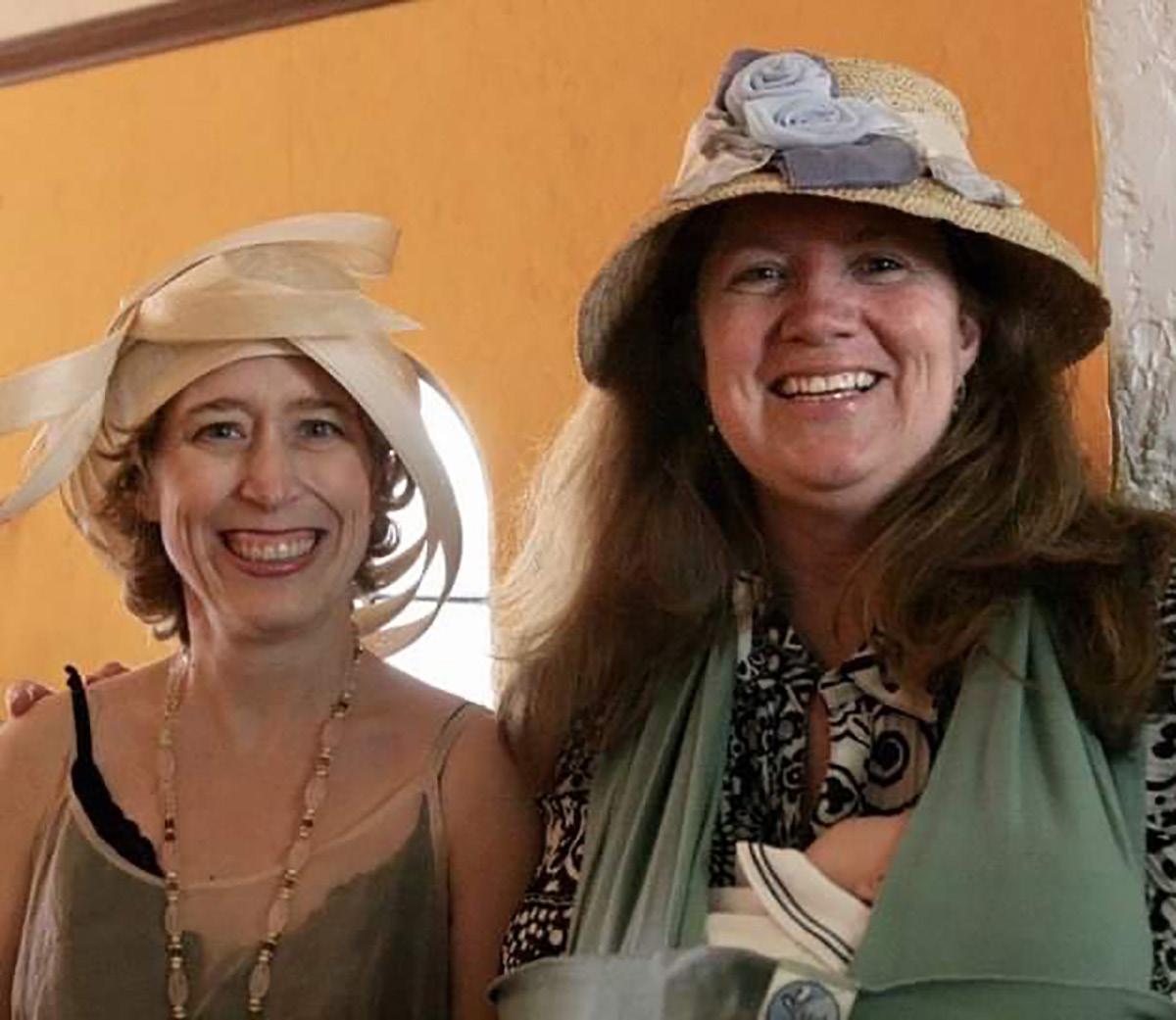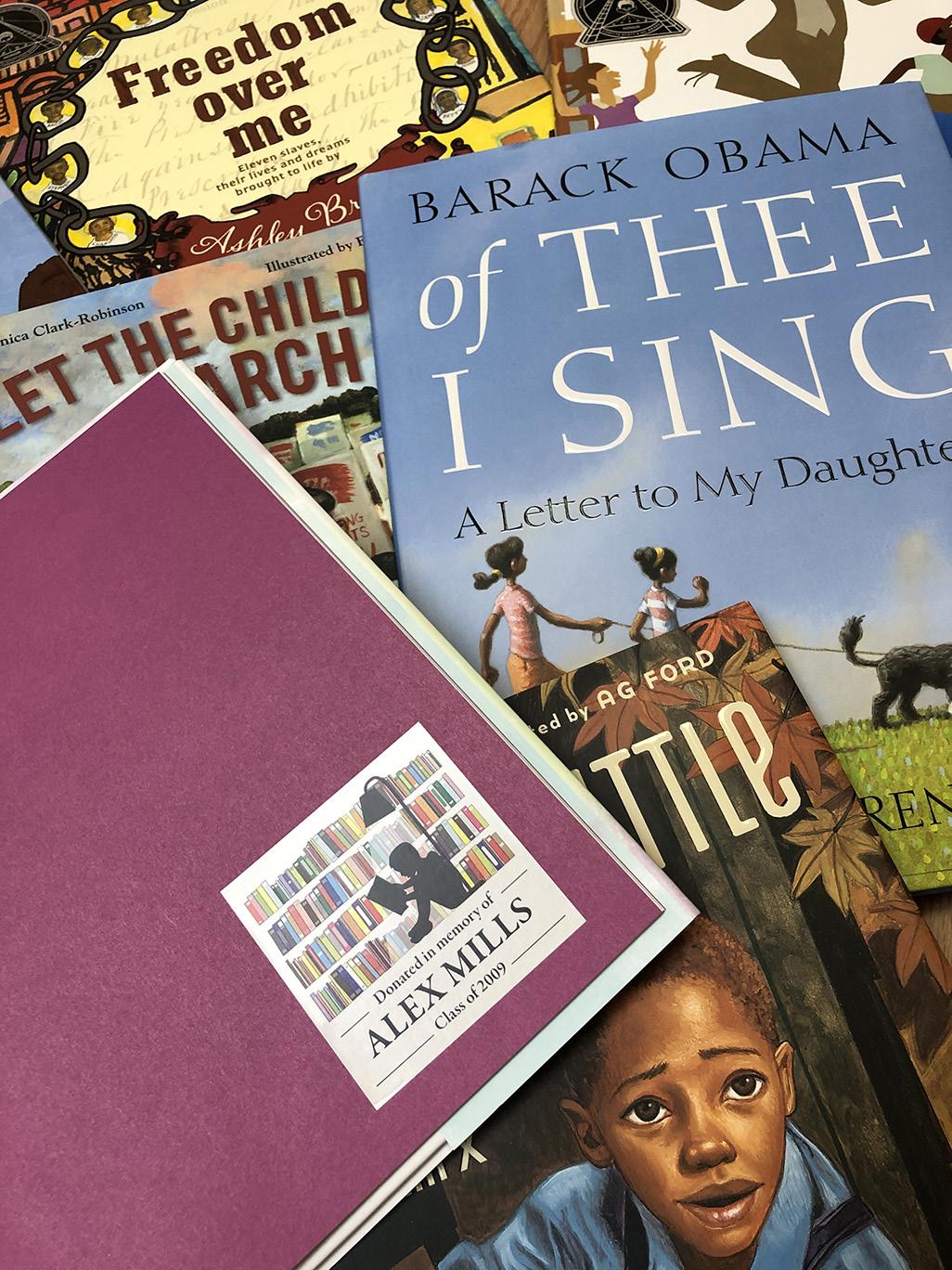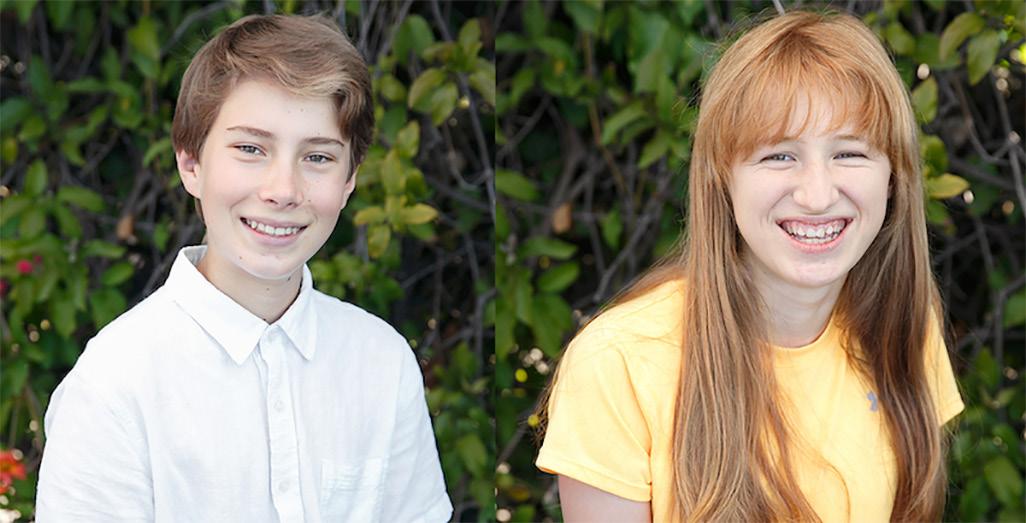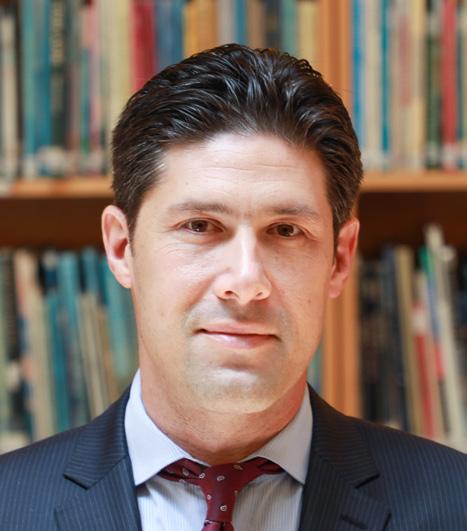EB Alumni Spotlight Awardee: Dr. Lisa Schipper, Class of 1986
weren’t real schools. The children didn’t listen to the teachers—how could that be possible? So—from the advantage of hindsight now I can see that stability and rigour were the things that I valued most. Of course, at the time I saw this as enjoying my routines and my friends. It set a standard for me that is very high, but I think reasonably so. Please describe your current work/studies.
Dr. Lisa Schipper was chosen as this year’s recipient of the Alumni Spotlight Award for her work as a social scientist striving to tackle climate change. Her efforts to understand the impact of climate change on vulnerable communities are commendable and reflect EB’s values. Congratulations Dr. Schipper! What did you enjoy most about your time at EB and why? I was at EB from age 5 to 11 (1-5 grade, CP–CM2), although I was in Sweden for part of CE1 and in the UK for half of CM2. Probably because of these moves, EB represented stability for me, and the standard against which I measured everything else. Compared with the Swedish school that I attended in the UK, EB was strict and very advanced. The teachers at the Swedish school didn’t understand how I could be two school years ahead in my math already at age 11. It felt to me like the other schools I attended away from EB th
34
I am a social scientist doing research on the relationship between climate change and development. I look at how and why people are vulnerable to climate change in developing countries, and what they are doing to adapt to it. For the last fifteen years, I have been doing research in Central and South America, south and Southeast Asia, east and west Africa. I started off looking at climate change already for my undergraduate degree (Environmental Science at Brown University), and then looked more specifically at development for my subsequent degrees (MSc and Ph.D in Development Studies from the University of East Anglia) so I have been doing this long before it was a trendy topic. I am really glad to see that the public have picked up on how urgent it is to solve climate change. Right now, I work in the Environmental Change Institute in the School of Geography and the Environment at the University of Oxford, so I also teach and supervise at under- and post-graduate levels, which I love. I edit an academic journal called Climate and Development and since 2018 I am co-leading a chapter for the UN’s Intergovernmental Panel on Climate Change (IPCC). It will be published in 2021 as part of the 6th Assessment Report.
How do you feel EB has influenced you or led you towards your choice of profession? Attention to detail and valuing academia have been two things that I have no doubt were first implanted in my mind by EB. These are not things that you can find anywhere. I think it is the combination of the French rigour in schooling with the creative and ‘out of the box’ spirit of Berkeley that allow for the development of people who are driven but also independent. We don’t want to be cookie-cutter professionals —we want to find our own pathways toward making a difference. My choice of profession has probably most been influenced by my father, who was a researcher at Berkeley. He worked on household energy efficiency and sustainable transport, and instilled a value for the environment in me that I am now trying to transfer to my daughter. But I had and have better focus that he did, and I think this is because I am super-organised— something I attribute to my French schooling. This has helped me with time management and work-life balance, my father was hopeless at that! What would you say to parents just starting out at EB? My parents put me in EB because they were preparing to go to Switzerland with us to take up a Fulbright fellowship that my father had been offered and they thought I should have some French. He eventually declined it and we never went, but my Swedish mother really liked the European/international atmosphere at EB and so I remained there, and eventually my sister also started in EB (and was lucky enough to be there when the school was expanded all the way up to 8th grade). I think that all parents who put their children in EB have different


